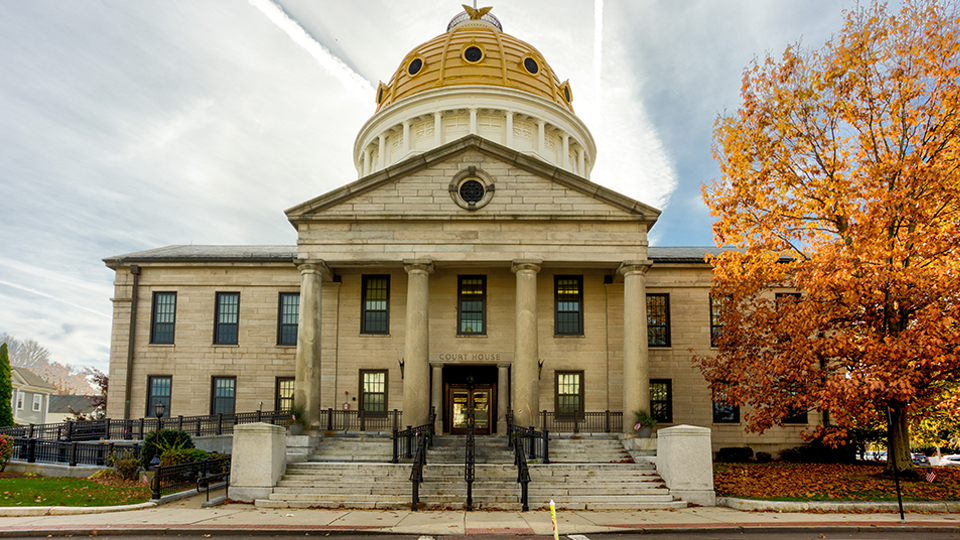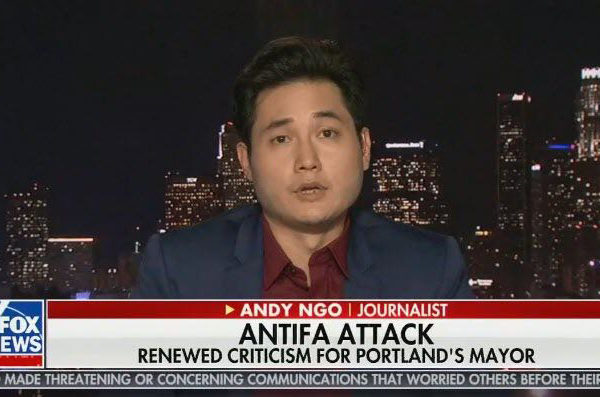Today marks a critical First Amendment win as the United States Court of Appeals for the First Circuit vacated a lower court’s denial of a preliminary injunction, sending the case of Grant v. Trial Court of Massachusetts back for further review. At the heart of the case is a state-imposed “buffer zone” order in Dedham, Massachusetts, restricting peaceful protest near the courthouse during the high-profile retrial of Karen Read.
The Center for American Liberty, alongside Randazza Legal Group, represents the plaintiffs: citizens who simply seek to exercise their right to protest peacefully on public sidewalks—traditional forums for protected speech.
The First Circuit’s decision makes clear that any government restriction on such expression must be “narrowly tailored to serve a significant governmental interest.” The state’s sweeping prohibition on speech—regardless of intent, volume, or location—overstepped those bounds.
Mark Trammell, CEO of the Center for American Liberty, hailed the decision as a “turning point in the fight for First Amendment rights.”
“This case is not just about the right to protest outside a courthouse —it’s about whether a judge can legislate speech-suppression zones from the bench. The First Circuit rightly saw through that attempt and demanded a closer look. The plaintiffs aren’t asking to disrupt proceedings. They’re asking for the right to quietly stand with a sign and express their views on public sidewalks,” said Trammell.
Marc Randazza, lead counsel and partner at Randazza Legal Group, emphasized the broader legal implications:
“The right to protest is sacrosanct.” he said. “Judge Cannone didn’t like people holding up signs calling her a clown. She’s allowed to not like them, but she’s not allowed to turn the entire neighborhood into a personal circus just to shut down dissent.”
The Road Ahead
The case now returns to the District of Massachusetts, where the trial court must reassess the plaintiffs’ motion for injunctive relief based on refined legal arguments and clearer distinctions about the nature of the demonstrations. The appeals court also suggested that the state court could fix constitutional issues by narrowing its buffer zone order to apply only to disruptive or intentionally prejudicial behavior.
As the legal battle continues, the Center for American Liberty remains steadfast in its mission to protect the rights of those whose voices are too often stifled by overbroad government policies masquerading as public safety.




